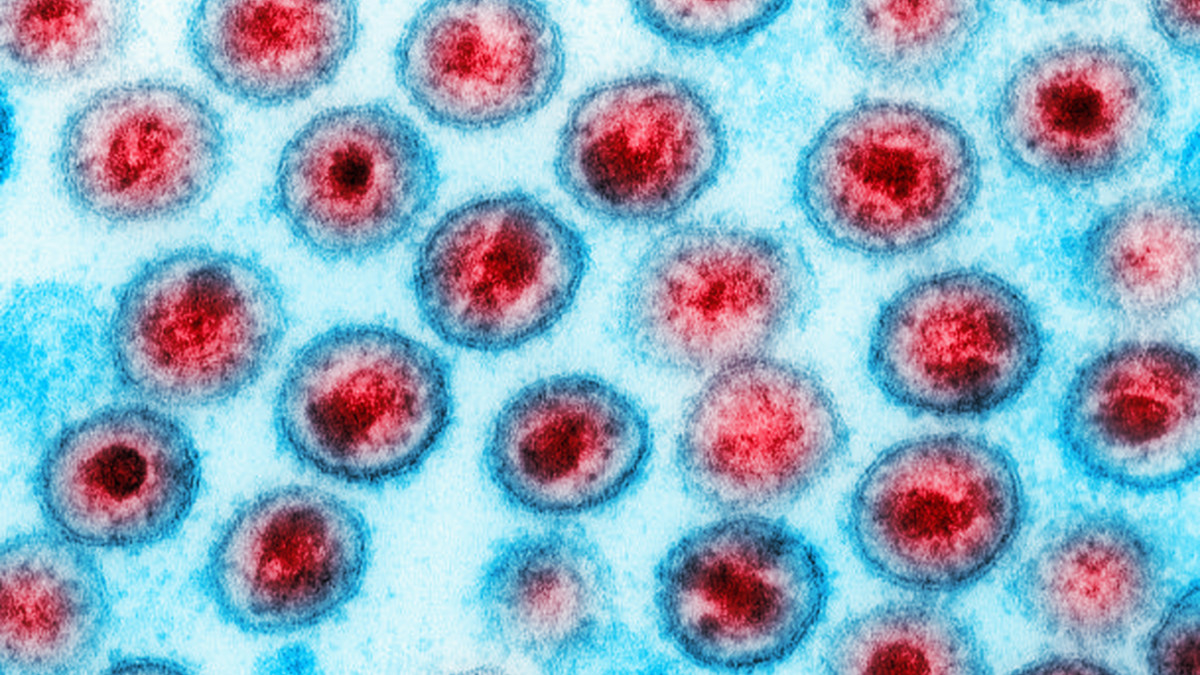Health: Biotron’s anti-HIV therapy could mean patients may not need treatment forever

Typically patients with HIV need to stay on treatment for life but that may no longer be the case if Biotron’s (ASX:BIT) anti-HIV therapy stacks up.
The biotech has found that its anti-HIV therapy can restore immune functions in HIV patients.
The company has spent much of its time ever since preparing for a phase three clinical trial, as well as pre-clinical programs for other diseases including the coronavirus.
New data shows that the drug stimulates the immune system. Specifically it helps a body’s cells “see” HIV-infected cells and take necessary steps to eliminate any residual virus.
Typically, the immune system can’t see these cells and this is why HIV patients need treatment for life.
“We’re really happy with it, amidst the coronavirus spike, it’s a good reminder what we we really do is HIV,” Biotron boss Dr Michelle Miller told Stockhead.
“[BIT-225] boosts the immune system to see the infected cells and get rid of them so maybe people won’t need to stay on [anti-HIV drugs] forever.”
Dr Miller confirmed the company was planning further studies, including a potential phase 2b trial in between with stronger dosing as well as chronic toxicity studies.
Investors welcomed the news, sending shares up 13 per cent on yet another dour day for the market.
In other ASX health news today:
Resapp (ASX:RAP) told investors this morning all was not lost despite the Food and Drug Administration sending it back to the drawing board. The US regulator needed additional proof that the probable benefits of the company’s ResAppDx-US diagnostic solution outweighed its probable risks. Yesterday’s news halved the value of the stock.
But CEO Tony Keating said nothing changed about its ambitions in Australia and Europe. He also said Resapp had come a long way since the company began.
Keating promised to try again with the FDA, with the ultimate goal of getting the tick of approval to market its respiratory disease app in the US.
“We have European CE mark and Australia TGA approval in both adults and children,” he said on a conference call.
“These are not small markets, there are 750 million in Europe and the healthcare market is expected to grow to $224m by 2024, and we see tele-health as a big part of it.
“You can be assured that the board is working tirelessly to succeed and we have numerous opportunities ahead.”
Related Topics

UNLOCK INSIGHTS
Discover the untold stories of emerging ASX stocks.
Daily news and expert analysis, it's free to subscribe.
By proceeding, you confirm you understand that we handle personal information in accordance with our Privacy Policy.








